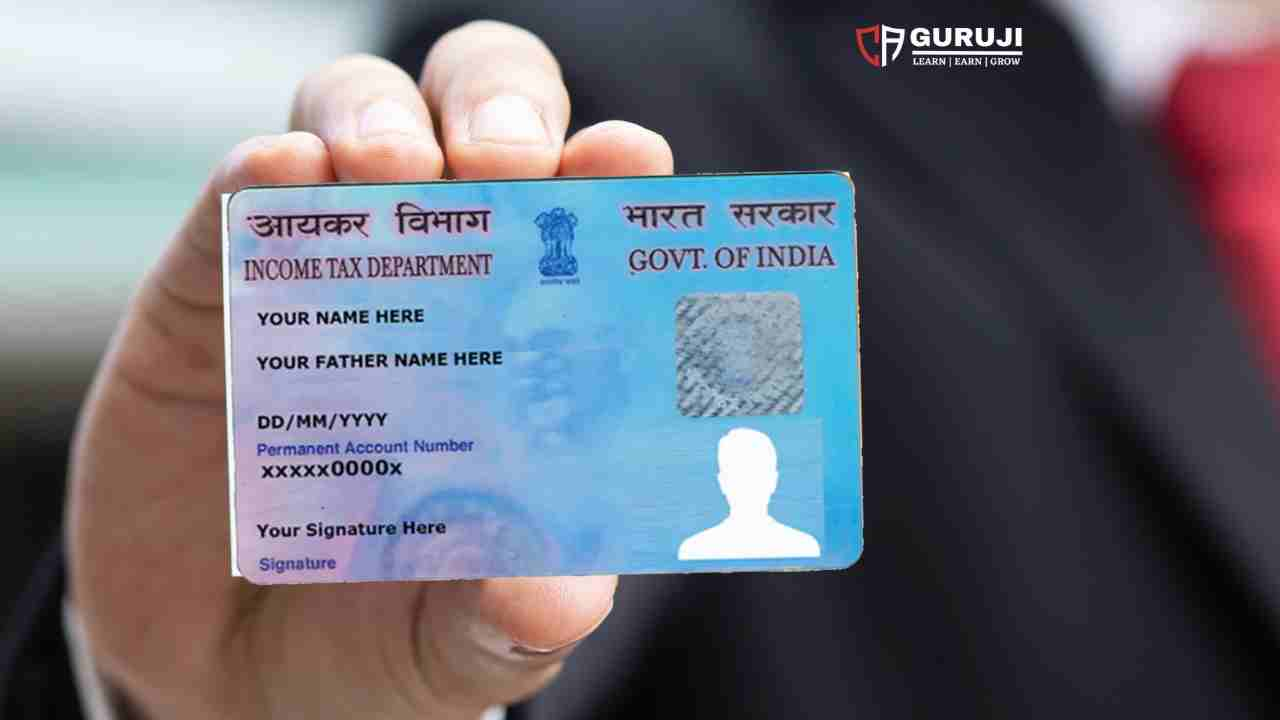PAN card means Permanent Account Number and this is your very very Important KYC document
The PAN card, or Permanent Account Number card, holds significant importance in India across various financial and regulatory domains. It serves as a unique 10-character alphanumeric identifier issued by the Income Tax Department to taxpayers and entities. Primarily, it facilitates income tax filing, serving as a mandatory requirement for individuals and entities engaged in financial activities surpassing specified thresholds. Moreover, the PAN card is essential for opening bank accounts, including savings, current, and demat accounts, as it verifies identity and ensures compliance with KYC norms. Additionally, it plays a crucial role in investments, property transactions, availing loans and credit facilities, and claiming government subsidies and benefits. Furthermore, PAN card is necessary for business registration, compliance, and opening demat and trading accounts. Overall, it serves as a cornerstone in ensuring transparency, accountability, and compliance with tax and regulatory frameworks in India.
The misuse of PAN (Permanent Account Number) cards has become a matter of concern, especially with recent incidents coming to light.
Chandan Soni, a resident of Gwalior, Madhya Pradesh, found himself in a predicament when he discovered that a GST (Goods and Services Tax) number had been obtained using his PAN card details. Shockingly, a company was established at an address in Delhi under his PAN card, conducting business transactions exceeding ₹9 crore. This revelation prompted Soni to take legal action, leading the Delhi Police to initiate an investigation into the case of fraud.
Instances like these raise questions about the misuse of PAN cards and underscore the importance of verifying their usage. With fraudulent activities on the rise, individuals must remain vigilant and take proactive steps to ensure the lawful use of their PAN cards.
One effective way to monitor the usage of your PAN card is by checking your credit score regularly. Several online platforms such as TransUnion CIBIL, Equifax, Experian, PaisaBazaar, BankBazaar, or CRIF HighMark offer free credit score checks. By navigating to the “Check Credit Score” section and entering your personal details like name, date of birth, email ID, registered phone number, and PAN, you can obtain your credit score. Some platforms may require verification via OTP (One-Time Password) sent to your registered phone number.
Obtaining your credit score enables you to access comprehensive information about all loans taken in your name. It allows you to review your credit history and identify any unauthorized transactions or loans taken without your knowledge.
Additionally, individuals can verify if their PAN card has been misused for GST registration.
By visiting the GST portal:
clicking on the “Search Taxpayers” tab, followed by selecting the “Search by PAN” option, you can enter your PAN number along with the captcha code.

Upon clicking “Search,” you’ll receive details regarding any GST registration linked to your PAN.
Clicking on the hyperlinked GSTIN (Goods and Services Tax Identification Number) redirects you to the “Search by GSTIN” section,

where entering the captcha code and clicking “Search” reveals the complete details of the registered company associated with the GSTIN.
Regularly monitoring the usage of your PAN card and taking prompt action against any misuse can safeguard you from potential financial frauds and legal complications. Stay informed and proactive to ensure the integrity and legality of your financial transactions.
Visit www.cagurujiclasses.com for practical courses












I do government service and I want to file ITR. Can you file ITR?
Yas sir or madam